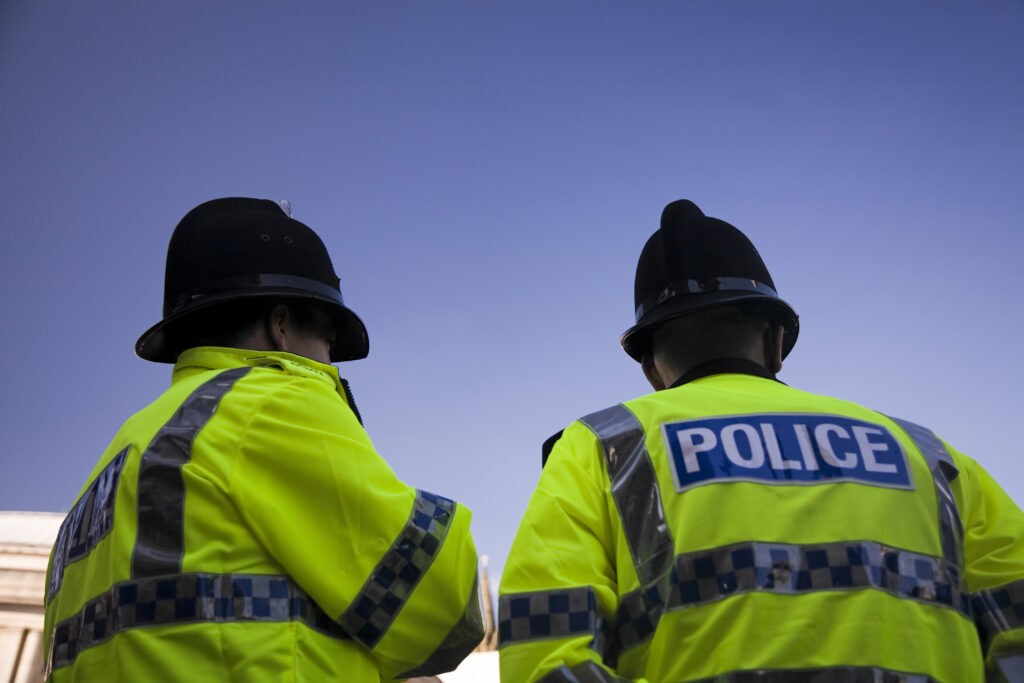In March 2015 we attended the Home Affairs Select Committee with our client Paul Gambaccini to make representations on pre charge bail and suspect anonymity pre charge- ie, when an individual is suspected of an offence but has not been charged.
We argued that given the fact the police only require reasonable suspicion to arrest an individual, suspects should have a reasonable expectation of privacy given the devastating and disproportionate damage publicity at this stage could bring. Publicity does not only cause irrevocable damage to those with a public profile but to any individual. The subsequent fall out from publicity can result in the break up of families, the loss of employment and huge financial cost. That individual may not be charged, but the damage has been done.
The Select Committee expressed concern but change was slow to come. This then came to a head when Sir Cliff Richard took action against South Yorkshire police after they, with a BBC helicopter filming from above, searched his property while he was abroad. Sir Cliff had not even been arrested or interviewed by the police at this stage. After the investigation concluded with no further action being taken, Sir Cliff took action against the police and the BBC and succeeded with the High Court finding that this was a “serious infringement on his privacy rights”.
This view and greater legal certainty was provided by the Court of Appeal in an appeal brought by Bloombergs (ZXC and Bloombergs PLC 15 May 2020). In this case a confidential letter of request was sent from a UK investigative body to a foreign government requesting information. The letter of request made it clear this was a criminal investigation into bribery and corruption. Bloombergs published and the subject of the request-a CEO of the Corporate’s subsidiary, brought a privacy claim. In this appeal Lord Justice Simon stated the Richard case was a “legitimate starting point” for the issue of privacy during a criminal investigation. The Court of Appeal rejected the suggestion by Bloombergs that businessmen involved in public companies lay themselves open to greater scrutiny and held that “those who have simply come under suspicion by an organ of the state have, in general, a reasonable and objectively founded expectation of privacy in relation to that fact….. The suspicion may ultimately be shown to be well-founded or ill-founded, but until that point the law should recognise the human characteristic to assume the worst (that there is no smoke without fire); and to overlook the fundamental legal principle that those who are accused of an offence are deemed to be innocent until they are proven guilty”.
The Court of Appeal brought a human element to their judgment properly recognising the irremediable damage publicity of an investigation can have on both individuals and corporates. Lord Justice Simon did accept that there may be exceptional circumstances where publicity may be warranted, but this case did not exhibit any of those exceptional circumstances.
Media organisations have expressed concern about the “chilling effect” this judgment has on the ability the media and public have to scrutinise the affairs of a public company and also the ability for others to come forward if they know that wrong doing is suspected. Having heard all those arguments the Court of Appeal concluded the Article 8 rights- the right to private life -of the individual being investigated outweigh the Article 10 rights – the freedom of expression.
The Court of Appeal gave robust support to the Sir Cliff Richard Judgment of Mr Justice Mann, but it is reported that Bloombergs have applied for permission to appeal to the Supreme Court given that Article 10 considerations have such importance in a democracy.
